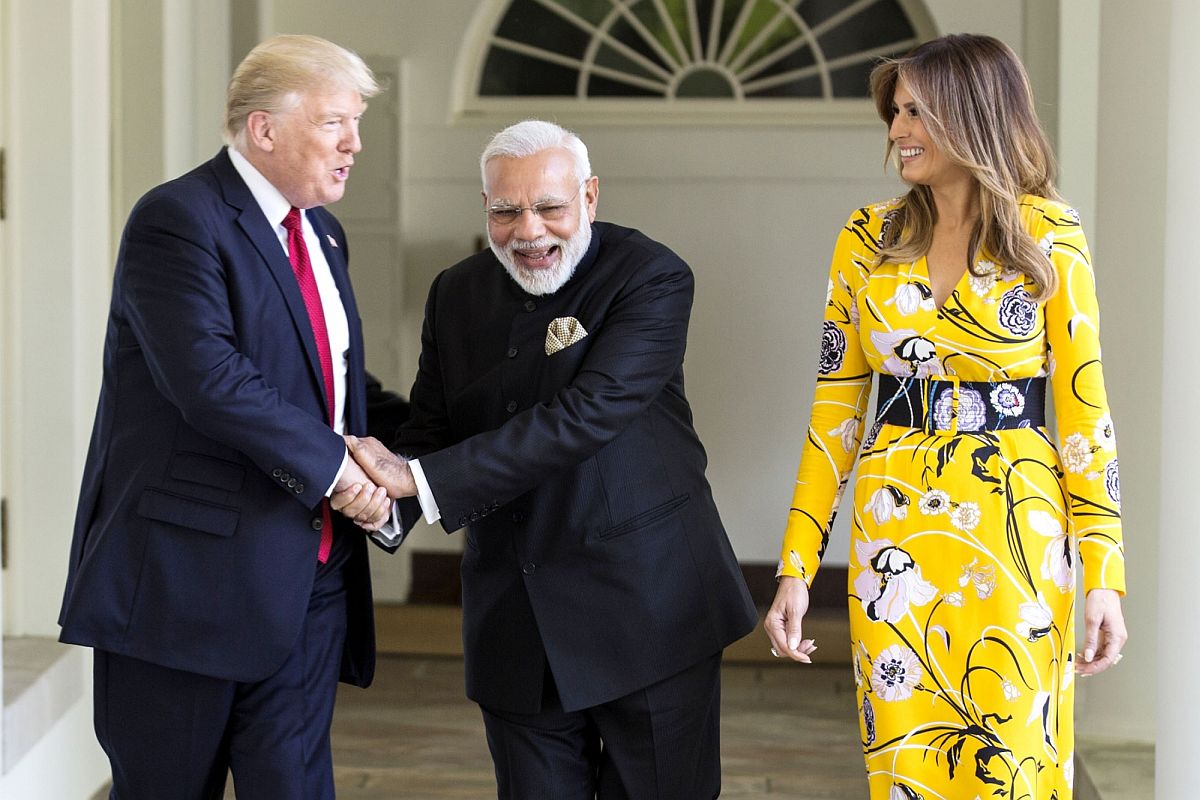A limited deal needs to be a starting point for accepting changed geo-political realities in a post-Covid world.
2020 has been a year of resets, some would say a year of corrections and some as a year that laid bare the major inconsistencies in geo-economics, geo-politics and even geo-technology. The coronavirus pandemic has made nations not just realise their unsustainable dependence on China, but also highlighted the needs for strategic security partnerships to act as a counter-weight to the growing hegemonistic tendencies of Beijing. The present conversation around the Indo-US ties should also be seen through the same lens. Both New Delhi and Washington are acutely aware of the security challenges in the Indo-Pacific region and are keen to build on their partnership. Military partnership between the two sides has already seen advancement with defence purchases and acceptance of New Delhi’s strategic role. But trade, which forms the bedrock for any long-term, economically sustainable and mutually beneficial engagement between countries, continues to be the big bone of contention.
In fact, the two sides have been thrashing out differences on trade for several years now, with no success. Trade was expected to be one of the key announcements when President Trump was in India early this year. But the vast differences on both sides ruled out the possibility of any deal.
It is an election year in the US and for President Donald Trump, several concessions from India are important as a starting point for talks. President Trump—who is already facing a lot of flak for his mishandling of the pandemic—must be seen to be a tough negotiator for “protecting American interests”. Optics matter ahead of an election. So while some of the posturing will be for perception, some will be meant to drive a hard bargain from New Delhi. For instance, import concessions for Harley Davidson bikes is high up in US’s list; likewise any dilution on its visa stand four months before presidential election is very unlikely. The thorny issues of greater market access (that US wants for its companies) and agriculture and dairy will probably be left out since these can threaten to derail talks.
So what will come out will be a very limited trade deal that may serve a very limited purpose for both countries. And will quite naturally be seen only as a work-in-progress.
And while Commerce Minister Piyush Goyal’s enthusiasm in clinching the deal is expected given the multi-year delays the negotiations have already witnessed, one needs to keep in mind going from a limited deal to a full-fledged deal will be another fresh challenge for negotiators. Since it will come after the US election result with altered domestic realities, it could witness fresh delays. And a free trade agreement could be some time away.
But New Delhi’s biggest focus has to be towards ensuring Indo-US ties, which have got a fresh impetus after Covid-19, should not be derailed due to trade impasse. Instead trade relations need to be boosted to create a win-win arrangement. And that message has to be communicated to Washington.
For now, a limited deal needs to be a starting point for accepting the changed geo-political realities in a post-Covid world where nations are turning protectionist and forming inward-looking policies. The willingness to remove any barriers to free trade, no matter how limited in its scope, is definitely a welcome move. But for it to progress and lead to mutual prosperity, trade needs to be equally central in Indo-US relations.
Gaurie Dwivedi is a senior journalist covering economy, policy and politics.

